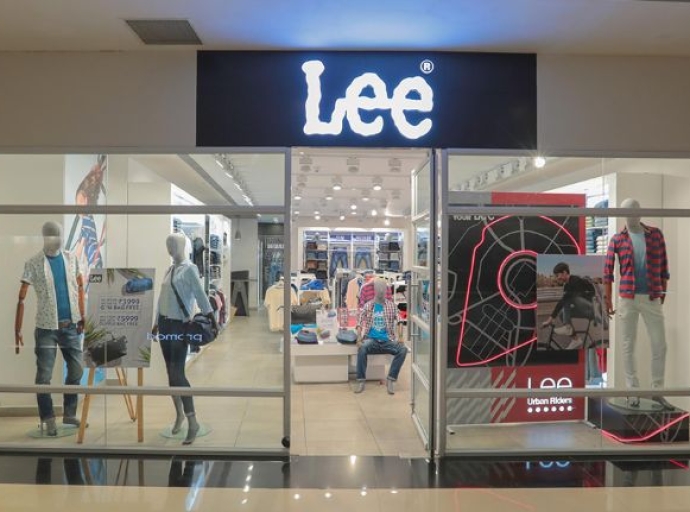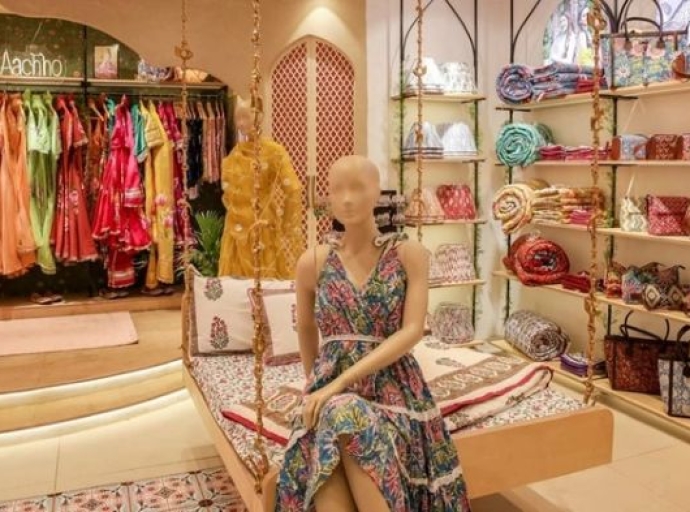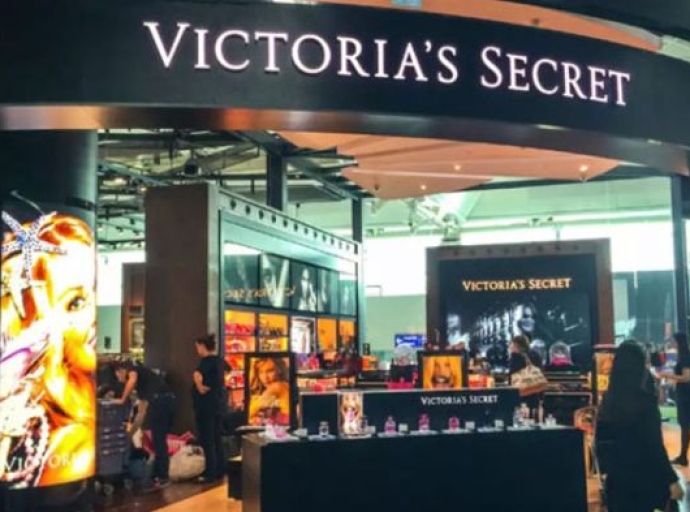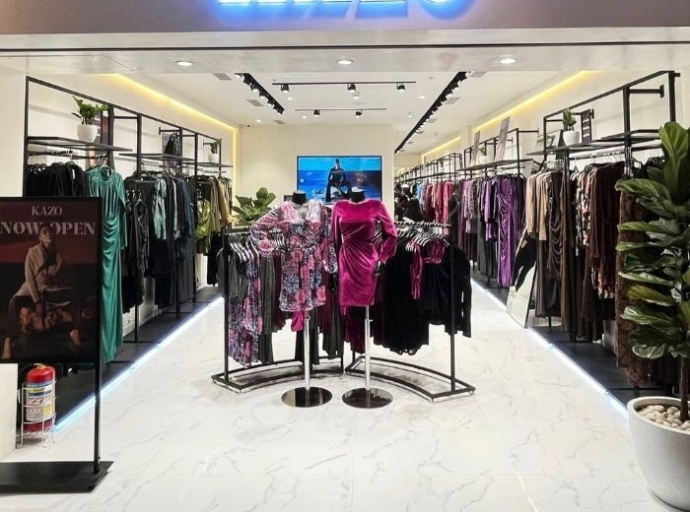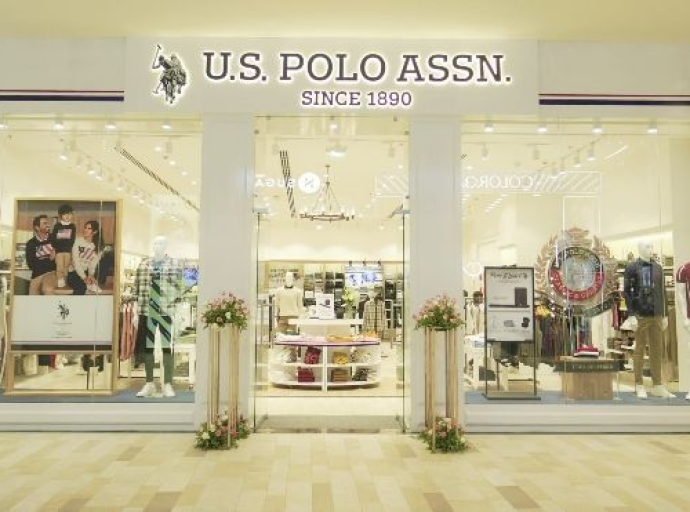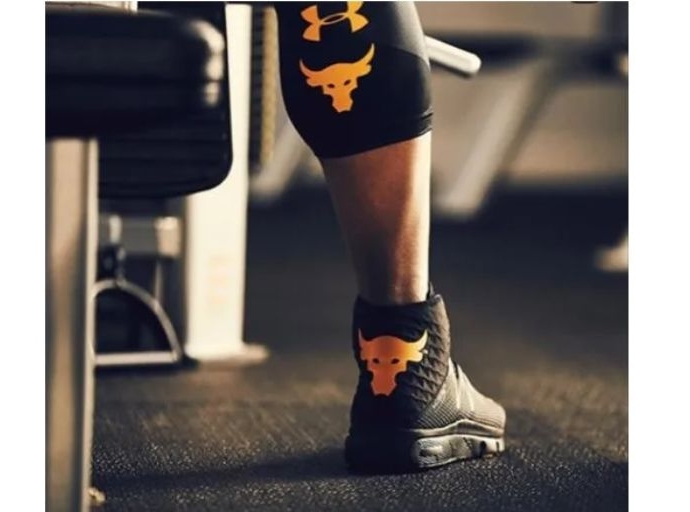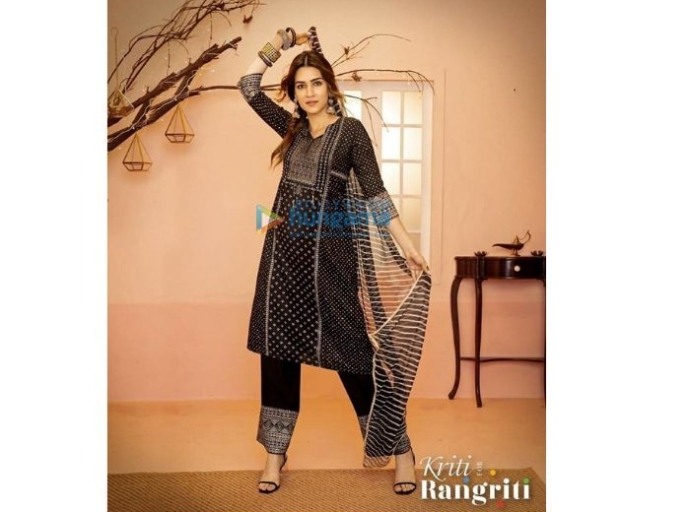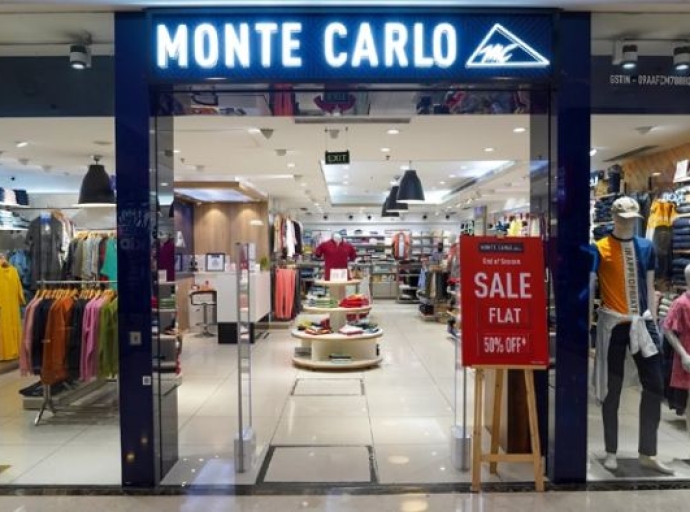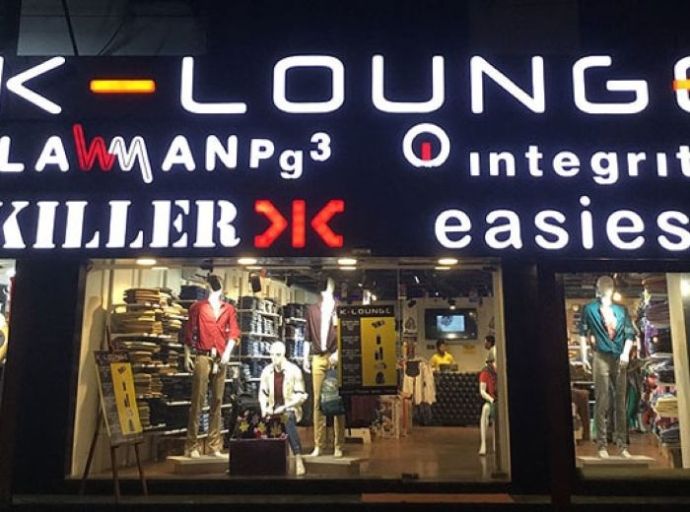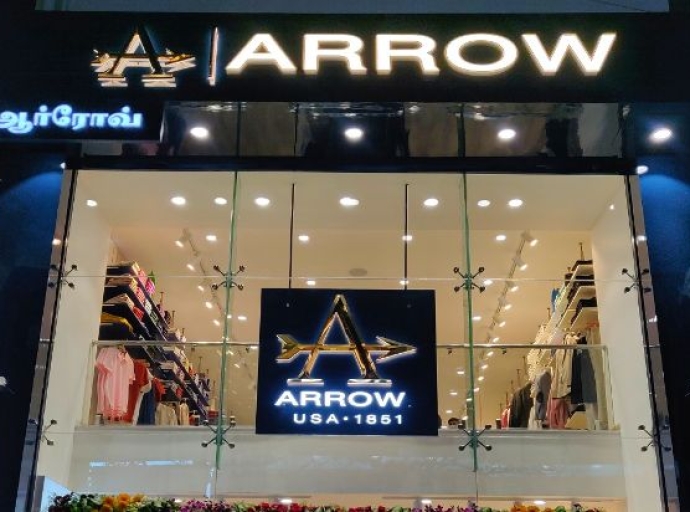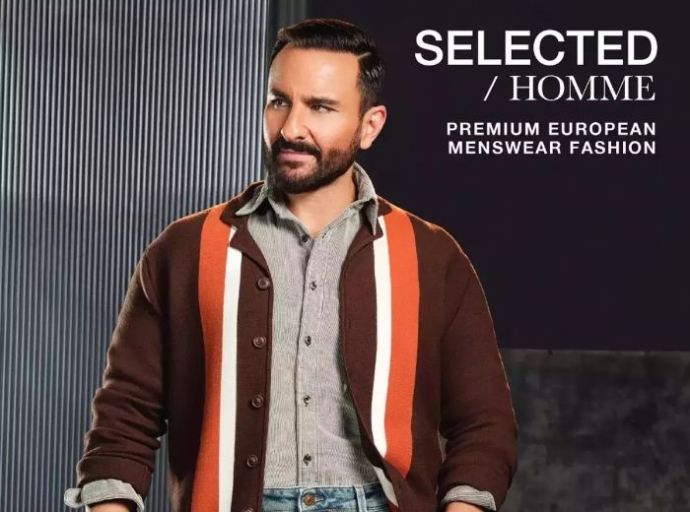04 November 2022, Mumbai:
Raymond’s quarterly revenue from operations rose by 40 per cent. Profit almost tripled from a year earlier.
The branded textile segment, the company’s biggest revenue earner, benefited from a jump in demand as people went for festive and wedding shopping and employees slowly returned to offices.Consumer shopping is back in brick and mortar stores and the company's network of retail stores experienced buoyancy with higher footfalls. Cost control initiatives have helped Raymond to improve on overall performance.
Raymond is looking forward to a good season ahead and is experiencing an increase in exports. Every month new overseas customers are being added. The group continuously focuses on product development and the shirting and suiting ranges are constantly evolving keeping customers in mind. To attract new customers, new and younger looking products are being launched, especially apparel. Raymond is enhancing its presence in the retail space and is balancing digital and physical. At present, more than 90 per cent of Raymond stores are physical and will continue to be so in the near future. Raymond is one of the country’s leading branded fabric and fashion retailers.



